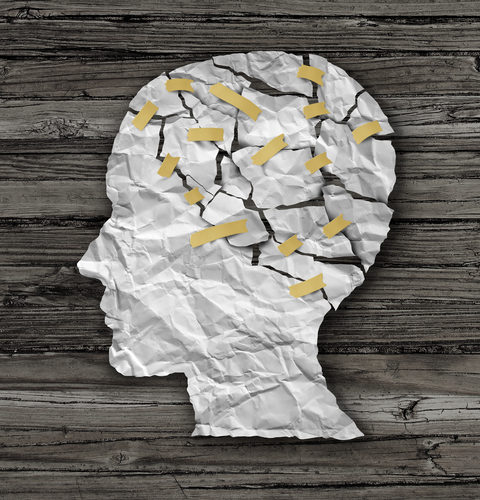Marijuana has many nicknames, including weed, pot or Mary Jane. The formal name for marijuana is cannabis, a green, leafy plant that can also be used to make hemp. When harvested, the leaves can be dried or used to produce oil. The dried leaves or oil are sold as marijuana and can be smoked, vaporized, used in cooking and baking (“edibles”), brewed with tea or taken orally. Marijuana is the most common illicit drug in the United States by far including Midland, TX, with over 20 million Americans over the age of 18 reporting regular marijuana use in 2015.
With the onset of marijuana legalization in the U.S., there is a spreading misconception that marijuana is not dangerous or addicting. While some studies may suggest that marijuana is less dangerous or less addictive than some other drugs, this does not mean that abusing marijuana does not have health risks including a potential for addiction. Just like any other drug, marijuana is a psychoactive substance that alters your brain chemistry while you are high. Any substance can become addicting if it changes the way your brain works, especially if it is used frequently, in large quantities or over a long period of time.
THE EFFECTS OF MARIJUANA IN THE BRAIN AND BODY
The psychoactive properties of marijuana are due to a chemical called tetrahydrocannabinol, or THC. THC is a cannabinoid, a classification of substances that react with your body’s appetite, pain, mood and sensory pathways. Your body does produce some types of cannabinoids on its own, but these are less potent than cannabinoids found in drugs like cannabis. Using marijuana stimulates areas of your brain that are designed to process cannabinoid chemicals, but does so in a way that is more powerful than usual. This stimulation leads to a marijuana high. Marijuana highs differ from person to person and depending on the particular cannabis plant used to produce the drug. Some people report feeling drowsy, others may experience anxiety or paranoia and some become more talkative or energetic. Marijuana is also known to increase appetite, reduce pain and heighten sensitivity to touch, light or sound.
Long-term abuse of marijuana can lead to addiction if your brain becomes accustomed to the cannabinoids in the drug as opposed to your body’s natural cannabinoids. If this happens, you will begin to feel withdrawal symptoms when you are not high — these symptoms can include irritability, headaches, anxiety or difficulty sleeping. Marijuana abuse or addiction is also associated with weight gain, despondency, forgetfulness and decreased motivation.


TREATING MARIJUANA ADDICTION
Detoxing from marijuana is usually straightforward and mild, which adds to the misconception that marijuana is non-addictive. However, some people experience more severe withdrawal symptoms than others, particularly after prolonged abuse or in the presence of a co-occurring mental health disorder or addiction. Some cases do require a medically-assisted detox. For many marijuana abusers, though, the key to recovery lies in finding the right tactics to manage their addiction once they leave a rehabilitation facility. Marijuana, much like alcohol, is easy to access and common at social gatherings, even among people who do not use or abuse other substances. During your recovery, it is critical to prepare yourself with the right tools to avoid relapse once you return to your everyday life.
The Springboard Center in Midland, TX is equipped to help you at every stage of your recovery, from medically-assisted detox and withdrawal management to long-term therapy. Our dedicated and highly-qualified staff provides both clinical care and mental health counseling to our residents and our outpatient clients. At Springboard, your addiction treatment options include:
- Medically-assisted detox
- Treatment for co-occurring addictions
- Residential treatment
- Intensive outpatient treatment
- Individual and group therapy
These services can be customized and combined to fit your needs, lifestyle and schedule. We know that everyone experiences addiction differently, which means that your path to recovery will also be unique. The Springboard Center helps you create your own path to recovery and to make sure that it is a path you can stay on for the rest of your life.
CONTACT THE SPRINGBOARD CENTER
Springboard is proud to be the premier addiction treatment center for the Permian Basin region of Texas, New Mexico and Oklahoma. We treat men and women over the age of 18 for addiction to drugs and alcohol, and we can offer medically-assisted detox at our facility and in partnership with local healthcare centers. If you or your loved one is struggling with addiction, contact us to find out if our programs are right for you. Call us today at our office in Midland, TX 432-620-0255 to learn more about the resources available to you during your recovery.

